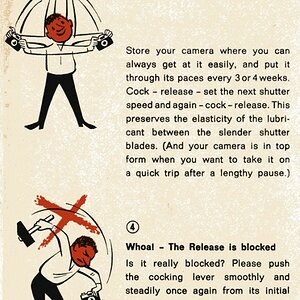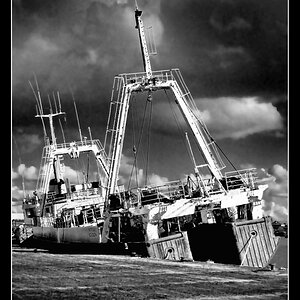I don't know if I'd consider myself beyond green when it comes to photography - basically I'm still a point-and-shooter who REALLY desperately wants to learn the basics but am having trouble.
I've been asked several times to do weddings and senior portraits, and my biggest problem is lighting - I just can't get "it", although I know it's not a one-sentence explaination. I have trouble with where to position a person and where to take the picture in outdoors photos with natural light, and an even harder time trying to position my lighting equipment when doing indoor portraits. I have a Nikon D70 that can think for me, but that's just not enough - I see professionals or even some amateurs that create such amazing photographs that I'm not sure I should keep trying to do this!
I've tried doing some by-mail courses but the lingo keeps giving me a hard time - I have difficulty keeping track of F-stops and exposure meters when I'm shooting and usually let my camera do the pre-set shots, although I'd like to have more control. I need to force myself to look at my user manual to find out about ISO numbers, because when I zoom into my photographs in Photoshop, they are very grainy and not sharp at all - is my 800 setting ruining my pictures? What the heck does ISO really DO?
Does anyone know of some good books, or courses, or something I can do to make these theories click? Or am I just not naturally good enough to give it a go?
I apologize for being melodramatic, but I'm under pressure to do some senior portraits again and I want them to be good! Can anyone help??!!
Thanks in advance!
Jenny P
I've been asked several times to do weddings and senior portraits, and my biggest problem is lighting - I just can't get "it", although I know it's not a one-sentence explaination. I have trouble with where to position a person and where to take the picture in outdoors photos with natural light, and an even harder time trying to position my lighting equipment when doing indoor portraits. I have a Nikon D70 that can think for me, but that's just not enough - I see professionals or even some amateurs that create such amazing photographs that I'm not sure I should keep trying to do this!
I've tried doing some by-mail courses but the lingo keeps giving me a hard time - I have difficulty keeping track of F-stops and exposure meters when I'm shooting and usually let my camera do the pre-set shots, although I'd like to have more control. I need to force myself to look at my user manual to find out about ISO numbers, because when I zoom into my photographs in Photoshop, they are very grainy and not sharp at all - is my 800 setting ruining my pictures? What the heck does ISO really DO?
Does anyone know of some good books, or courses, or something I can do to make these theories click? Or am I just not naturally good enough to give it a go?
I apologize for being melodramatic, but I'm under pressure to do some senior portraits again and I want them to be good! Can anyone help??!!
Thanks in advance!
Jenny P


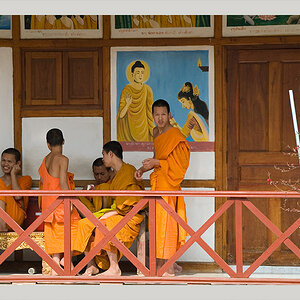
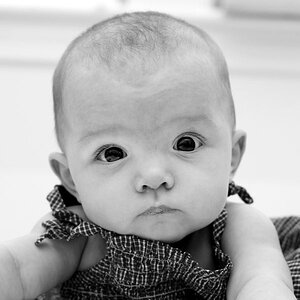
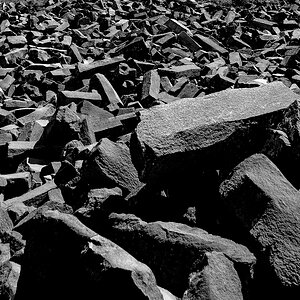
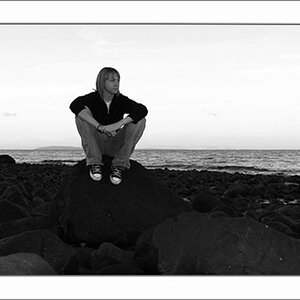
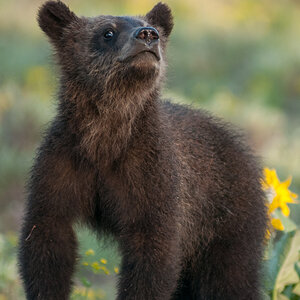
![[No title]](/data/xfmg/thumbnail/33/33342-79274d7e5cdf3e52939255e1cd89f2d0.jpg?1619735911)
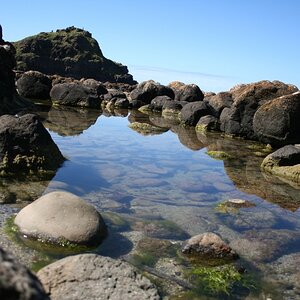
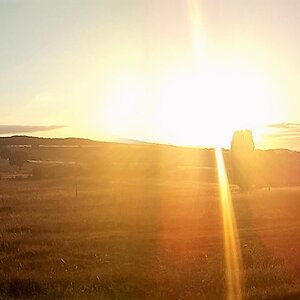
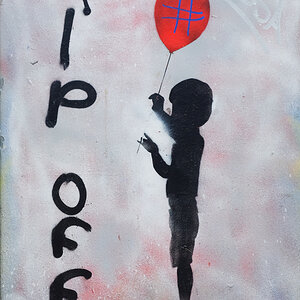
![[No title]](/data/xfmg/thumbnail/31/31046-f1d28c614676726741e90ce5b420a03e.jpg?1619734586)
